Mangia Piano. An Invitation to Eating Slowly
New Jersey was invited and encouraged to “eat slow” during the two-day event “Mangia Piano: The Internationalization of Italian Local Foodways” held earlier this month on campus of Montclair State University.
The event, sponsored by The Inserra Chair in Italian and Italian American Studies with the co-sponsorship of The Global Education Center and The Coccia Institute for the Italian Experience in America in collaboration with The Food Management Program of Montclair State University and took place on the campus of Montclair State University on March 6th and 7th, 2012. It aimed to present the audience with some of the essentials of culinary arts that the consumer should never disregard.
“With this project I wanted to shed a different light on food in general, but especially on Italian food that has always been symbolic in nature” – said Dr. Teresa Fiore, an Associate Professor and Inserra Chair in Italian and Italian American Studies at Montclair State University in New Jersey.
“The title, “Mangia Piano” refers to the Italian association of Carlo Petrini “Slow Food.” This is a perfect opportunity to reflect on what has been invented or reinvented in Italian food and what has been imported to the United States. It is time to pose the questions: ‘Is Italy still a plate of macaroni? How is it possible that such a dish could conquer the world?’ And moreover, to see that Italians tend to be healthier than Americans and that perhaps our diet is responsible for that”- continued Dr. Fiore.
Therefore this initiative not only aimed to evaluate the importance of Italian food, or Italian diet but the Italian way of life that is closely linked to food and the enjoyment brought by it.
The event differed from other events of its kind due to the fact that after a brief introduction by Dr. Fiore the audience, composed predominantly from the Montclair University student body, was introduced to organic and most importantly fair trade and local food products brought in from nearby farms and vendors.
Grace Grund, a local vendor and activist of local food preservation spoke in detail about what was being presented and served for the audience. She stressed how important it is to know the origin of the ingredients on one’s plate: “ One should know where the eggs come from in the frittata being enjoyed.”
Amongst the products the guests got to sample and appreciate were baked goods produced by Jane Yagoda, many flavors of lemonade made by Joe Tea of Upper Montclair and cheese from Cherry Grove of Lawrenceville. Grace Grund shared a story of the difficulties she faced with getting locally grown lettuce for the salad being served after she was notified of and issue with a previously arranged shipment. This only made everyone appreciate that much more the effort put into providing all locally grown product to be tasted.
After the tasting, it was time to get to serious business. Donna Gabaccia, a Professor in the History Department of Minnesota University gave an interesting account of the migration of food and food products presenting a speech titled “From the Mediterranean Flat Bread to an American Fast Food.”
Her speech was what she called a “rapid and condensed tale of border crossing, empire migration and commerce with a specific focus on flat bread, or what we now call pizza.” Taking the audience back to the 1400’s she stressed: “I would like to share my own perpetual wonder at the national passions that simple foods like flat breads and tomatoes can arise and the need to label food as national even though these foods constantly cross borders.”
The second speaker was an anthropologist from the University of Bergamo, Cristina Grasseni. The author of the books Skilled Visions: Between Apprenticeship and Standards (Berghahn Books, 2007) and Developing Skill, Developing Vision: Practices of Locality at the Foot of the Alps (Berghahn Books, 2009) and a fellow at Radcliffe Institute for Advanced Study at Harvard University spoke of the significance and consequence of food production and distribution models that are based solely on reciprocal faith between the vendors and the consumers.
The following presenter was Fabrizia Lanza, a culinary expert who has taught at Boston University, spoke about her rebirth when she decided to completely change careers and went from being a museum curator to owning her own cooking school in Sicily and devoting her life to teaching her native Sicilian culture through food and its appreciation.
As a shining star of the following evening in the two-day event, Fabrizia Lanza has demonstrated her cooking skills in a cooking presentation, making typical Sicilian dishes such as sfincione, caponata di melanzane and macco di fave. These dishes were paired with Nero D’Avola, the well-known Sicilian wine.
The evening was concluded by Professor Pietro Frassica, a faculty member of French and Italian Studies at Princeton University who spoke of his early struggles in the introduction of Food Study courses at universities and acquainted the audience with how he was able to extend the field of cultural studies to literary texts concerned with gastronomy in two seminars, “The Literature of Gastronomy” and “Italy: The Land of Slow Food.”
The success of the two-day seminar can be measured in the abundant attendance by not only invited guests, but also the numerous presence of the young student body, which shows the growing interest in the subject at hand.






























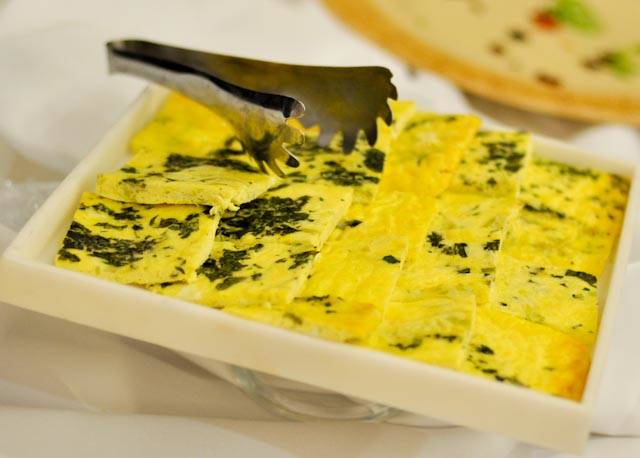
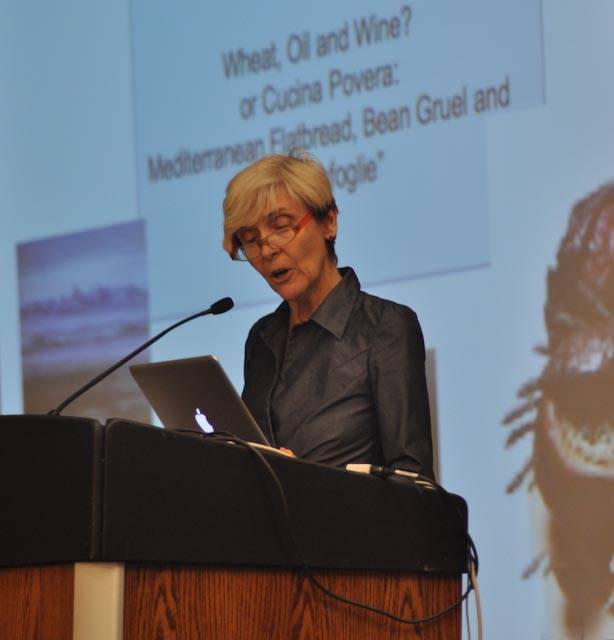

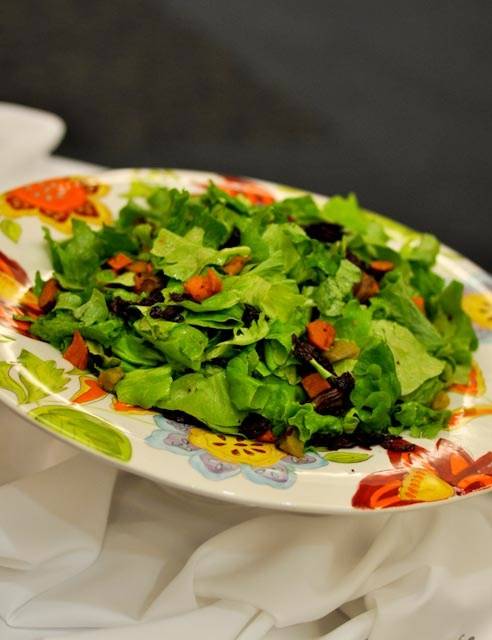

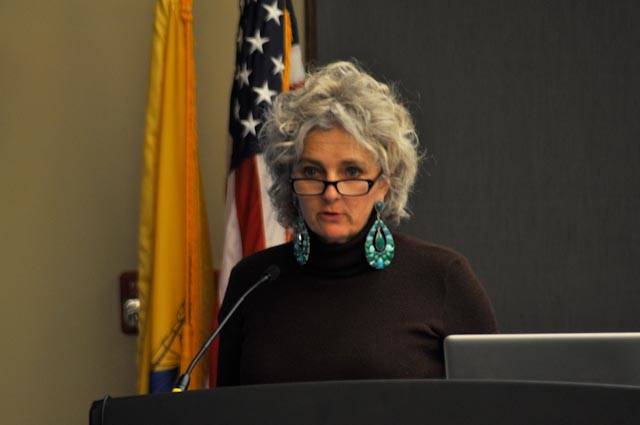
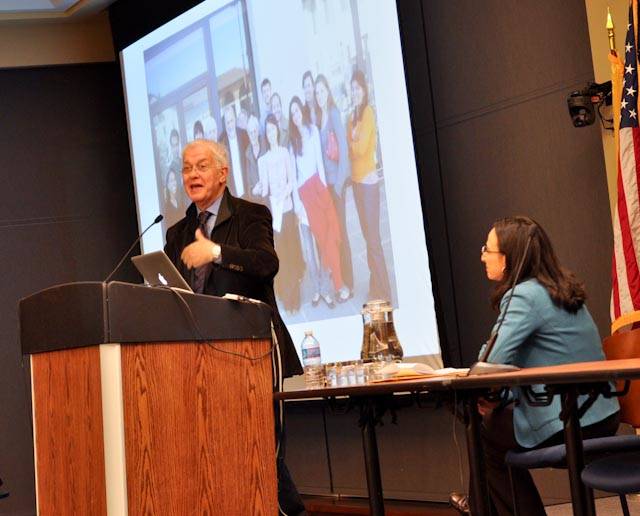



i-Italy
Facebook
Google+
This work may not be reproduced, in whole or in part, without prior written permission.
Questo lavoro non può essere riprodotto, in tutto o in parte, senza permesso scritto.